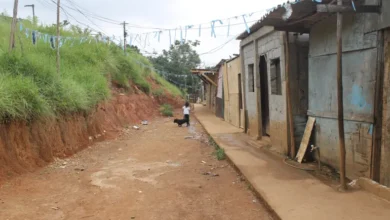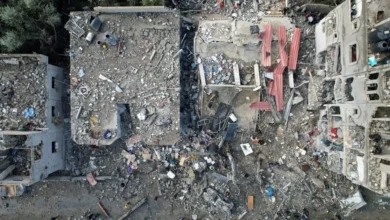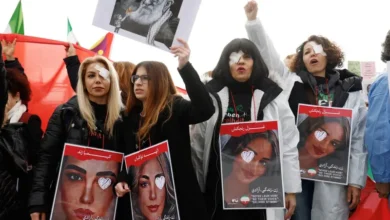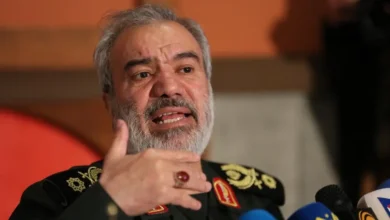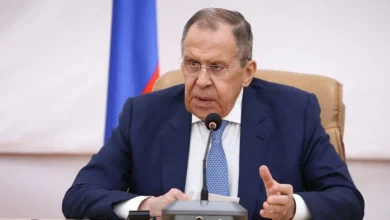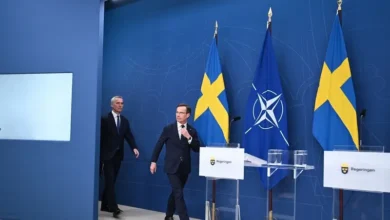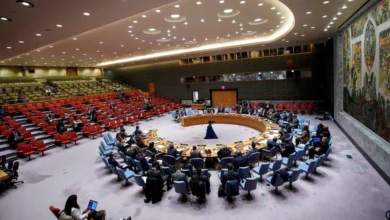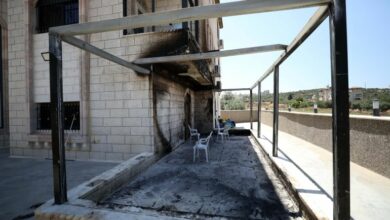‘Can regain our soul’: Relief and fear in Gaza ahead of Israel truce
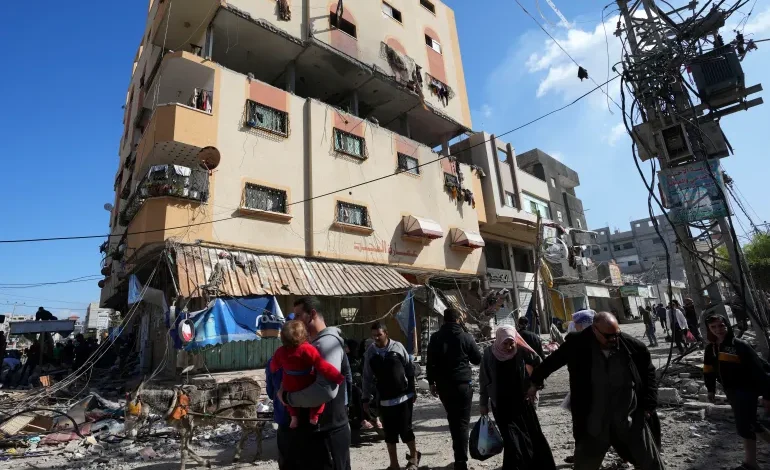
After more than six weeks of war, Khaled Loz knows what he wants to do when the truce announced on Wednesday by Israel and Hamas finally comes into effect.
“It’s the first thing I want to do. I’m tired of all the continuous bombing,” he says.
Since the attack by Hamas fighters on southern Israel on October 7, in which they killed 1,200 people, Israeli aerial bombing and artillery shelling has killed more than 14,000 Palestinians in Gaza, including more than 5,600 children. An estimated 1.7 million people out of Gaza’s population of 2.3 million have been displaced, with many moving from the northern part of the Gaza Strip to the south following warnings from the Israeli military.
But Israel’s bombing has extended to central and southern Gaza too, leaving no part of the enclave safe, with refugee camps, schools and hospitals also attacked.
Now, the declaration of a four-day truce that could come into effect soon is promising the first hope of some respite for Gaza’s people.
“We can regain our soul a little,” says Loz. “We want to provide water for our homes, we want goods to enter instead of empty shops where we cannot find what we need.”
But it is also the first opportunity for thousands of families to finally grieve loved ones lost in the bombing. Others are hoping that the pause in fighting allows them to search for missing relatives and friends.
Loz says the home of his mother’s family in Gaza City was bombed. “I don’t know who is left of them, and I don’t know who was martyred. I want to check on my uncle,” he says. “Where are they, where have they fled to?”
“We want to grieve for those we lost. They [Israel] did not give us a chance to express our feelings, even to cry for our friends.”
According to Hamas, the truce will enable the free movement of people from the north of Gaza to the south along Salah al-Din Road, the territory’s main highway. But there is no such guarantee of movement towards the north, where Gaza City is based, so it is unclear whether those like Loz who want to search for missing relatives in the north will be able to make their way there.
Etaf Hussien Musataf al-Jamalan, a father of five children, was displaced from Sheikh Radwan, a district of Gaza City, and was hoping to return to check on his house during the pause in fighting. He says he has “mixed feelings” about the truce.
“We wanted to check our houses. Maybe grab some supplies or anything,” he says, adding that he is “sad” that the truce terms might not allow that. He doesn’t know if his house is still standing — the United Nations estimates that half of north Gaza’s homes have been damaged or destroyed in the bombing — but he says he would prefer to “live in a tent in our neighbourhood” than as a displaced person.

